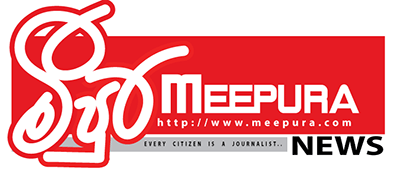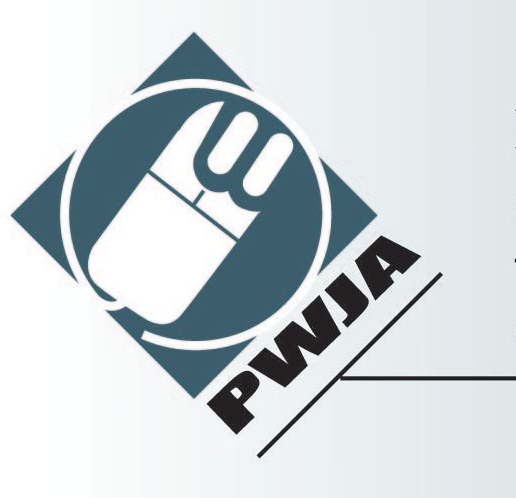Media Statement –
Two days after UN HR High Commissioner, Navi Pillai observed with concern that Sri Lanka is apparently moving towards an authoritarian rule, President Rajapaksa took it upon himself to answer her observation and said, he holds elections, even for the Northern PC and therefore he can not be called a “dictator”. While the president was not called a “dictator” but was only noted as moving towards authoritarian rule, we take this issue to prove that the regime is certainly heading that way.
Like all other rulers with authoritarian power, this regime too has been in the habit of curbing the comparatively free flow of news and information to society. While noting the numerous attacks on media institutes and journalists in the past few years and continuing attacks on and threats to Uthayan news paper in Jaffna, the first internet censor was when this regime blocked the TamilNet news site on 07 June 2007, over six years ago.
Since then this regime has been obstructing and blocking news sites that are critical of its policies and expose its mega corruption and frauds in detail. News sites like LankaNewsWeb and LankaEnews, were subjected to such blockades and continue to be blocked. Thereafter, the media ministry blocked a few more like the “SriLankaMirror”, claiming websites carrying news on Sri Lanka has to register with the ministry. To date there is no law or a legal requirement for any website to register with any ministry or State authority. But the fact that the government could control internet service provision, compels open and publicly responsible website managers to comply with the illegal demand of the government ministry and register themselves.
This attempt quite clearly is an attempt to control and monitor news uploads from within Sri Lanka. But blockades on other sites are effected as they are not hosted from within Sri Lanka and therefore can only be monitored and not controlled. The news and features website “Colombo Telegraph” (CT) therefore became the latest victim of authoritarian suppression of information flow and freedom of expression, blocked to all internet surfing public in Sri Lanka. The CT is a collage of current news and views and was a popular “media halt” for Sri Lanka’s urban middle class. It is the city reader who often fashions social opinion and that is reason why this regime is afraid of the internet.
In a country where the President projects himself as the champion of “Information Technology Communication” (ITC) and promises to make Sri Lanka an ITC hub in Asia for Sri Lanka’s future development, it is a shame and a disgrace for us web journalists to stand against website blocking, where “Colombo Telegraph” will not be the last. In this present world, people express their ideas, their thinking, improve, increase and share knowledge and also disseminate information through internet and more faster too, than through print and electronic media. The web in fact is a news, information and knowledge “disseminator” for the more conventional print and electronic media too.
Therefore any attempt by the government in blocking internet surfing by citizens, clearly violates their right to information and knowledge and their freedom of expression enshrined in Article 14 of the Constitution. It is not only the right of media personnel to disseminate information and publish news unfettered by a government and or by publishers and owners, but the right of the people to know what is happening around him/her and to access information and knowledge without any untoward censoring. This was accepted as a citizen’s right, when MDDR and Wimal Fernando challenged the authority of the SLBC governing board in a public interest litigation case in Colombo District Courts, for shutting down the Sinhala Education Service in 1995, under the directive of President Chandrika Kumaratunge.
This type of high handed authoritarian rule certainly is no part of democratic governance in a country, though one could preach democracy on platforms. Therefore we demand the government to lift all restrictions currently imposed on all websites including TamilNet, LankaNewsWeb, LankaEnews and Colombo Telegraph and request all State and private internet service providers they strictly adhere to their customer service contracts, without compromising their brand loyalties and goodwill on the dictates of an authoritarian government.
Freddy Gamage
convener
Professional Web Journalists’ Association
14 September, 2013








Very true